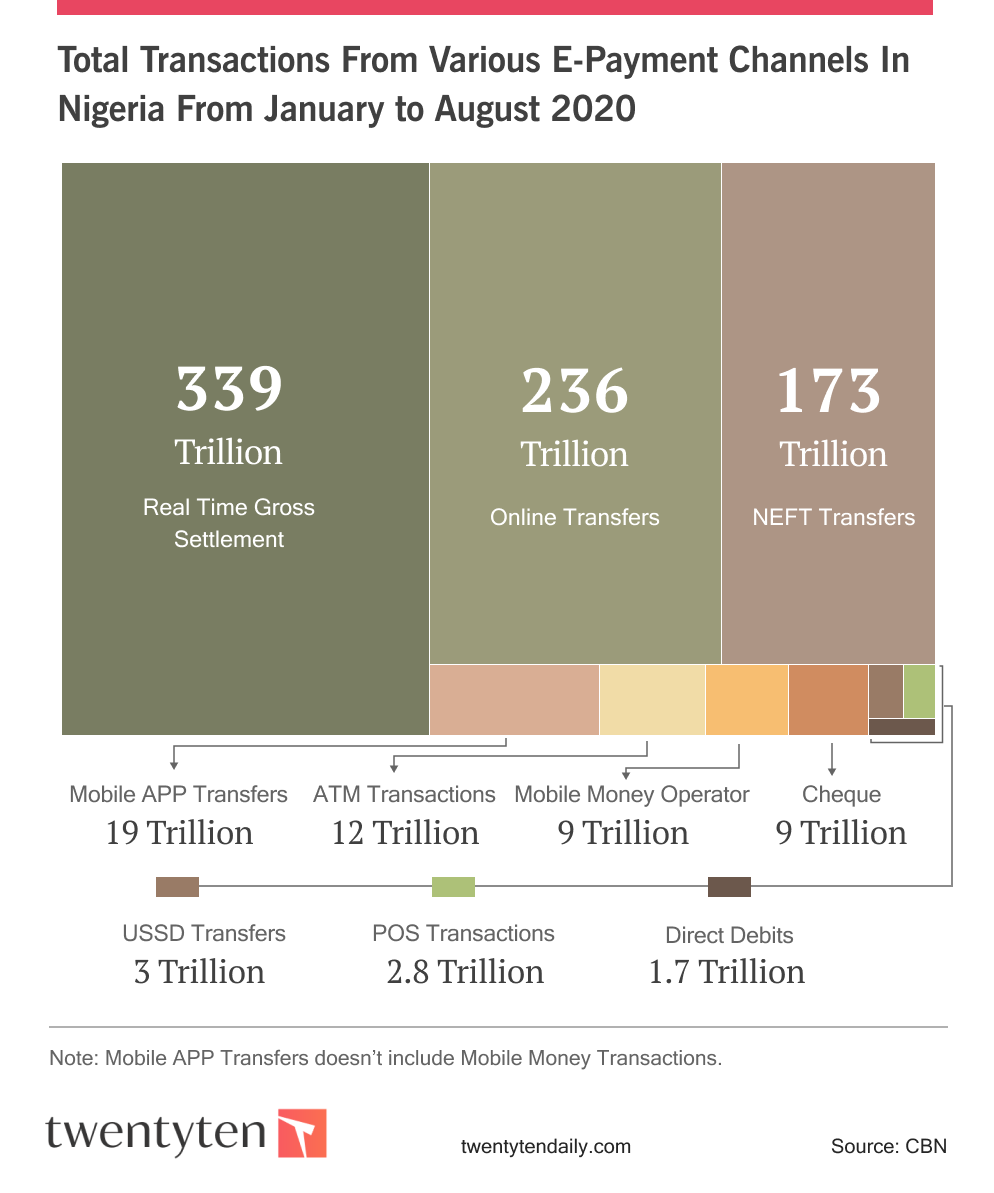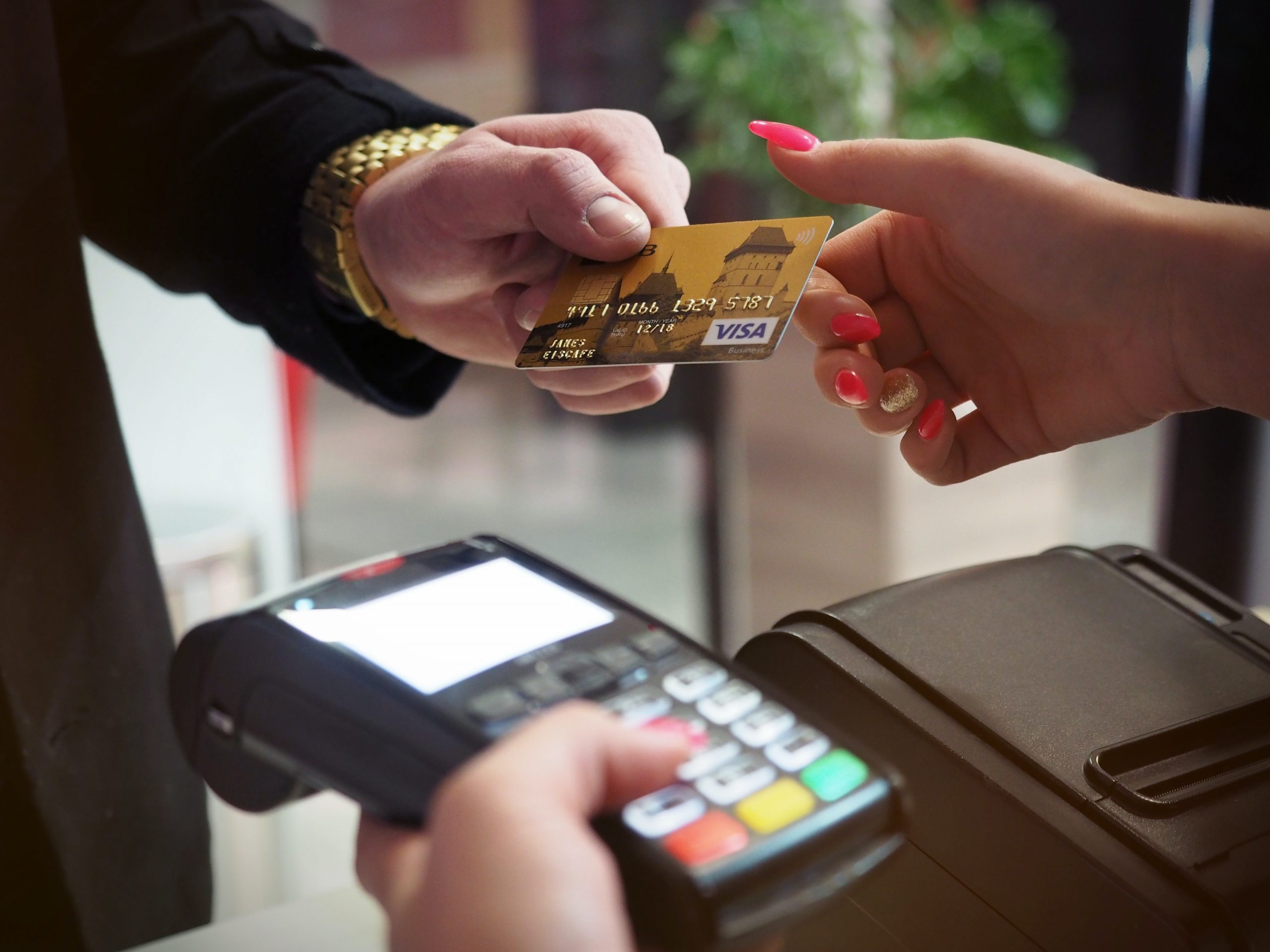In Nine Months, Nigerians Spend N2tn On E-bills
According to data from the Nigeria Inter-Bank Settlement System, Nigerians spent N2.18 trillion on electronic bills such as power, PayTV, and other utilities in the first nine months of 2022.
This is a 30.84 percent increase from the N1.67 trillion that was spent in the corresponding period of 2021.
According to the NIBSS data, this is the first-time electronic channels have been used to process over N2tn in utility bills.
E-bills include daily bill transactions that are accessible and seamless, with online real-time transaction reporting, biller notification, and easy reconciliation.
The NIBBS stated, “e-BillsPay is an electronic bill payment platform that facilitates the payment of bills, fees, levies, premiums, and subscriptions etc. by the banking public through electronic payment channels provided and managed by banks.”
Since the onset of the pandemic, e-bills payment has surged with customers opting for contactless transactions with merchants integrating payment options with financial institutions. The NIBSS explains that e-BillsPay touch points include bank branches, Internet banking, mobile banking, USSD, and agent networks.

According to industry experts, mobile adoption is key to the growth of e-bills payments with individuals relying on the ease and speed of mobile devices. Point of Sale terminals have also been attributed to this growth, with 955,234 deployed POS in the nation.



